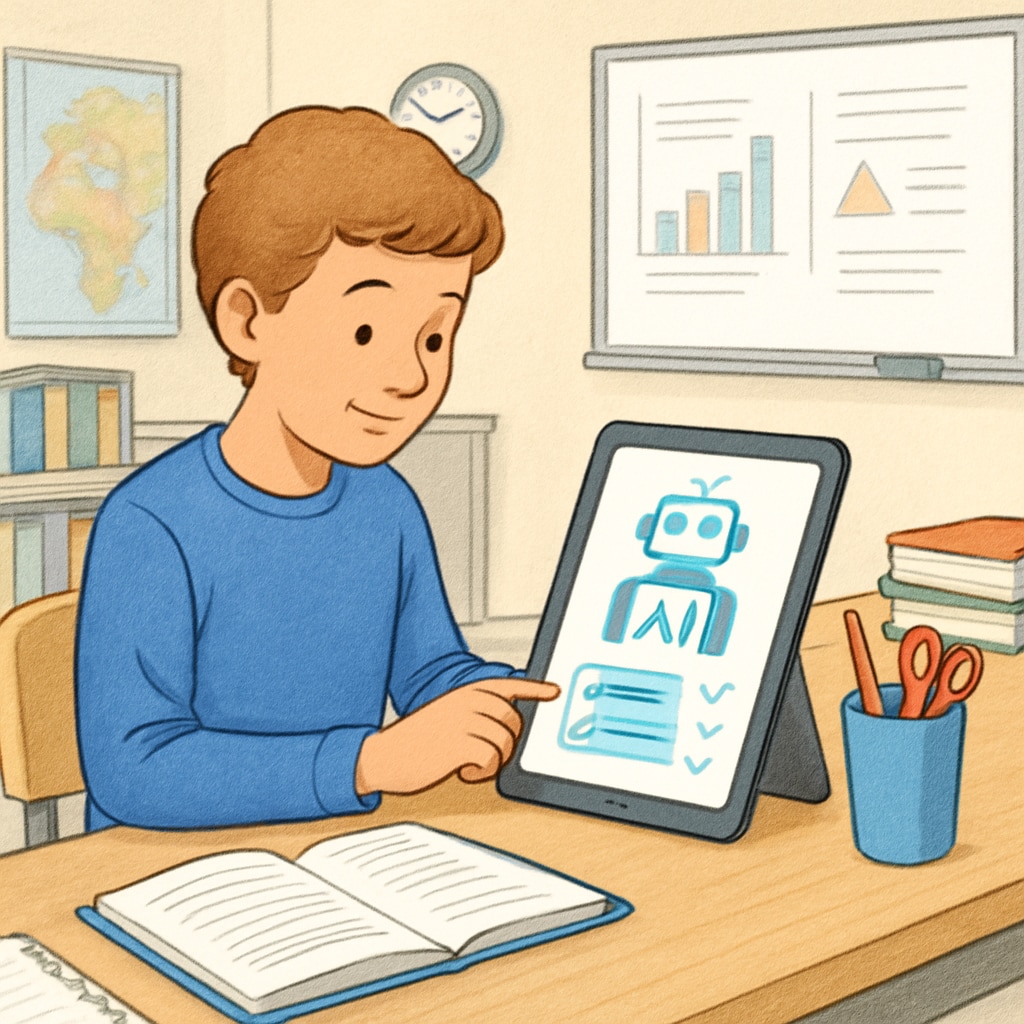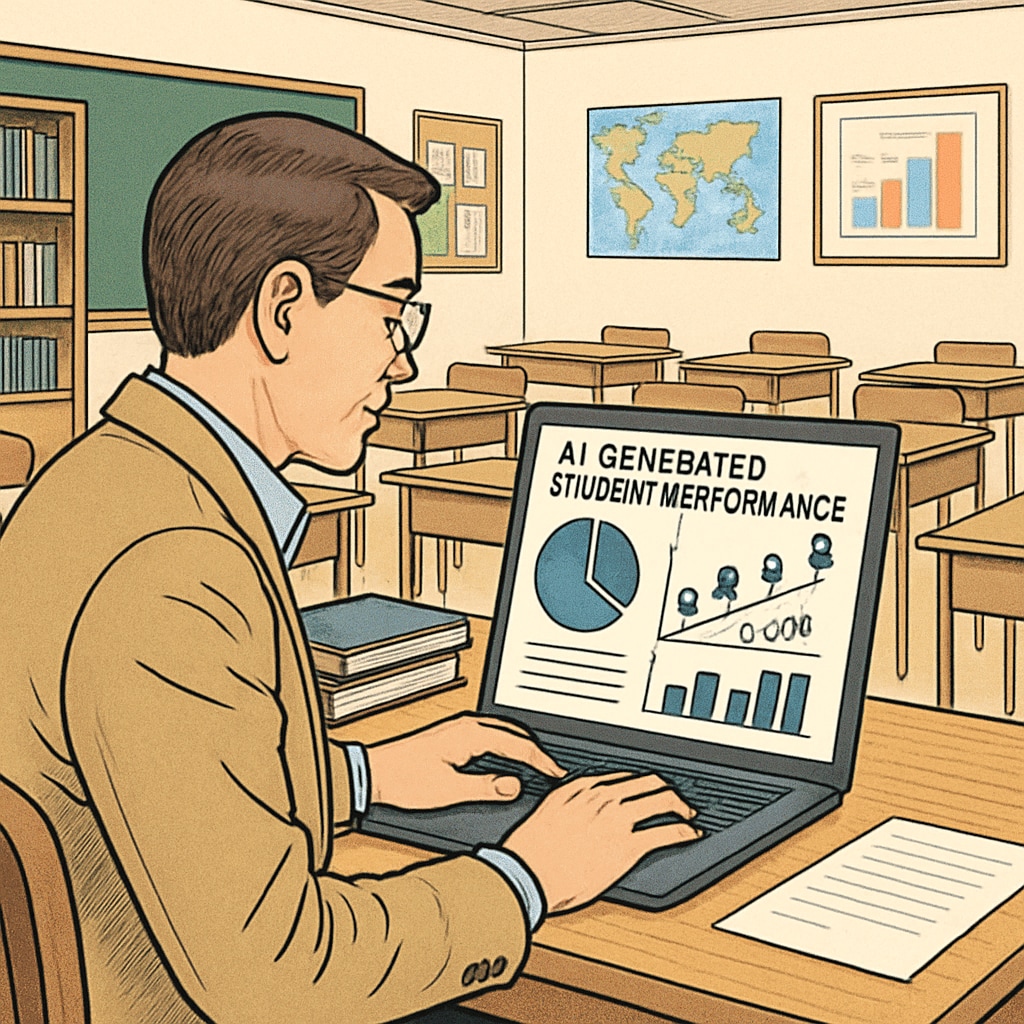Artificial intelligence (AI) is increasingly becoming a driving force in shaping the future of education. Its integration into K12 classrooms promises to revolutionize teaching and learning by enabling personalized learning paths, redefining the role of teachers, and introducing innovative assessment methods. As AI continues to grow in its capabilities, it brings significant opportunities as well as challenges to the educational landscape. This article explores the profound impact AI could have on K12 education over the next 5–10 years.
Personalized Learning: Tailored Education for Every Student
One of the most transformative applications of AI in K12 education lies in personalized learning. Traditional education systems often adopt a one-size-fits-all approach, which can leave some students behind while others advance too quickly. AI-powered tools, such as intelligent tutoring systems and adaptive learning platforms, can analyze a student’s strengths, weaknesses, and learning pace to create customized learning paths. For example, platforms like DreamBox and Carnegie Learning use algorithms to adjust curriculum in real time, ensuring that each student gets the support they need at their level.
Moreover, AI can provide instant feedback, enabling students to identify and address mistakes immediately. This level of customization not only enhances academic outcomes but also fosters a sense of ownership and engagement in students.

Redefining the Role of Teachers in Smart Classrooms
AI is not here to replace teachers but to augment their capabilities. In smart classrooms, AI can handle time-consuming administrative tasks such as grading, attendance tracking, and managing learning analytics. This automation frees up teachers to focus on more meaningful interactions, such as mentoring students and fostering critical thinking skills.
Additionally, AI can serve as a co-teacher, providing supplementary resources and alternative explanations for complex concepts. For instance, AI-driven platforms can offer multilingual support, ensuring that students from diverse linguistic backgrounds have equal access to education. By leveraging AI, teachers can adopt a more student-centered approach, emphasizing creativity, collaboration, and emotional intelligence.
Innovative Assessment Methods: Beyond Standardized Tests
Traditional assessments, such as standardized tests, often fail to capture the full spectrum of a student’s abilities. AI offers the potential to revolutionize how we evaluate learning by introducing more dynamic and comprehensive assessment methods. For example, AI can analyze student performance over time, identifying patterns and providing insights into areas that require improvement.
AI-powered tools can also assess non-academic skills such as problem-solving, creativity, and teamwork. These evaluations can provide a holistic view of a student’s development, enabling educators to tailor their teaching strategies accordingly. As a result, assessments become more meaningful and aligned with real-world skills.

Opportunities and Challenges in the AI-Driven Education System
While the potential benefits of AI in education are immense, its implementation is not without challenges. On the positive side, AI can bridge educational gaps by providing resources to underserved communities, offering scalable solutions for remote learning, and promoting inclusivity. For example, AI-powered apps can deliver quality education to students in rural areas with limited access to teachers and infrastructure.
However, there are significant concerns regarding data privacy, ethical use of AI, and the risk of over-reliance on technology. Safeguarding student data and ensuring transparency in AI algorithms will be critical to building trust among educators, parents, and students. In addition, schools must invest in teacher training and infrastructure to effectively integrate AI into the curriculum.
The Future of Education: A Balanced Approach
As we look ahead, the key to successfully integrating AI into K12 education will be striking a balance between technology and human interaction. While AI can enhance efficiency and personalization, the human touch remains irreplaceable in fostering empathy, creativity, and social skills. By combining the strengths of AI and educators, the future of education can be one where every student has the opportunity to thrive.
In conclusion, artificial intelligence is poised to bring transformative changes to K12 education, shaping how students learn and teachers teach. By embracing these advancements responsibly, we can create a smarter, more inclusive, and more effective education system for future generations.
Readability guidance: This article uses concise paragraphs, clear transitions, and structured subheadings to ensure accessibility for a broad audience. Lists and examples are included to break down complex ideas, and passive voice is minimized for clarity.


